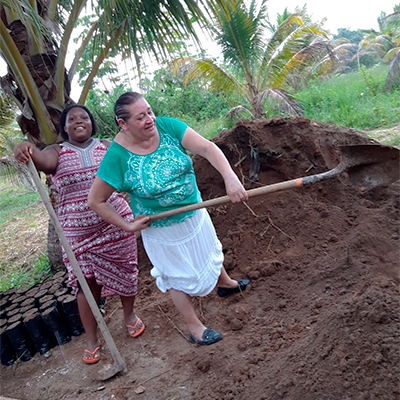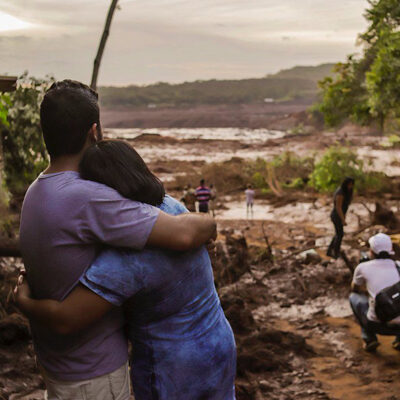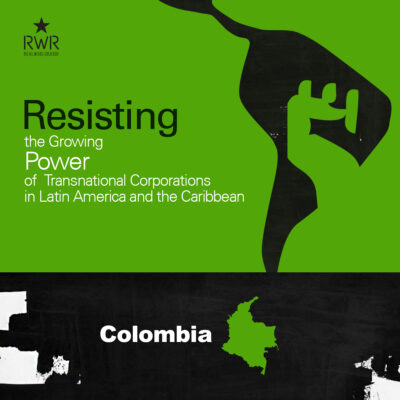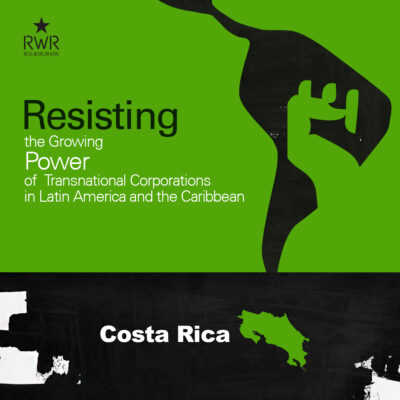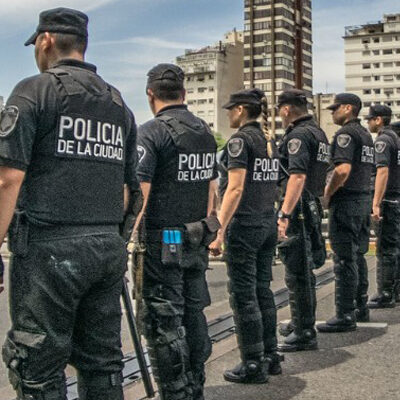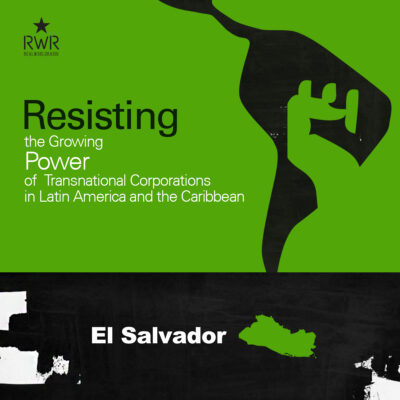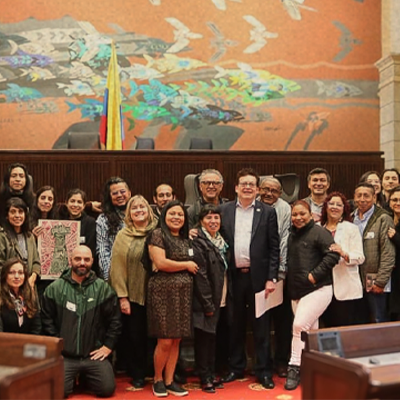
THE PROJECT OF THE CENTURY: COLOMBIAN CAMPAIGN AGAINST TRANSNATIONAL CRIMES AND IMPUNITY
On 5-7 June in Bogotá, capital city of Colombia, several activities took place linked to the struggle for human rights, environmental justice and against the impunity of transnational corporations. Among them was a screening of the documentary The Illusion of Abundance on June 5th. The film tells the stories of three women, beacons of the resistance and struggle against transnational…





